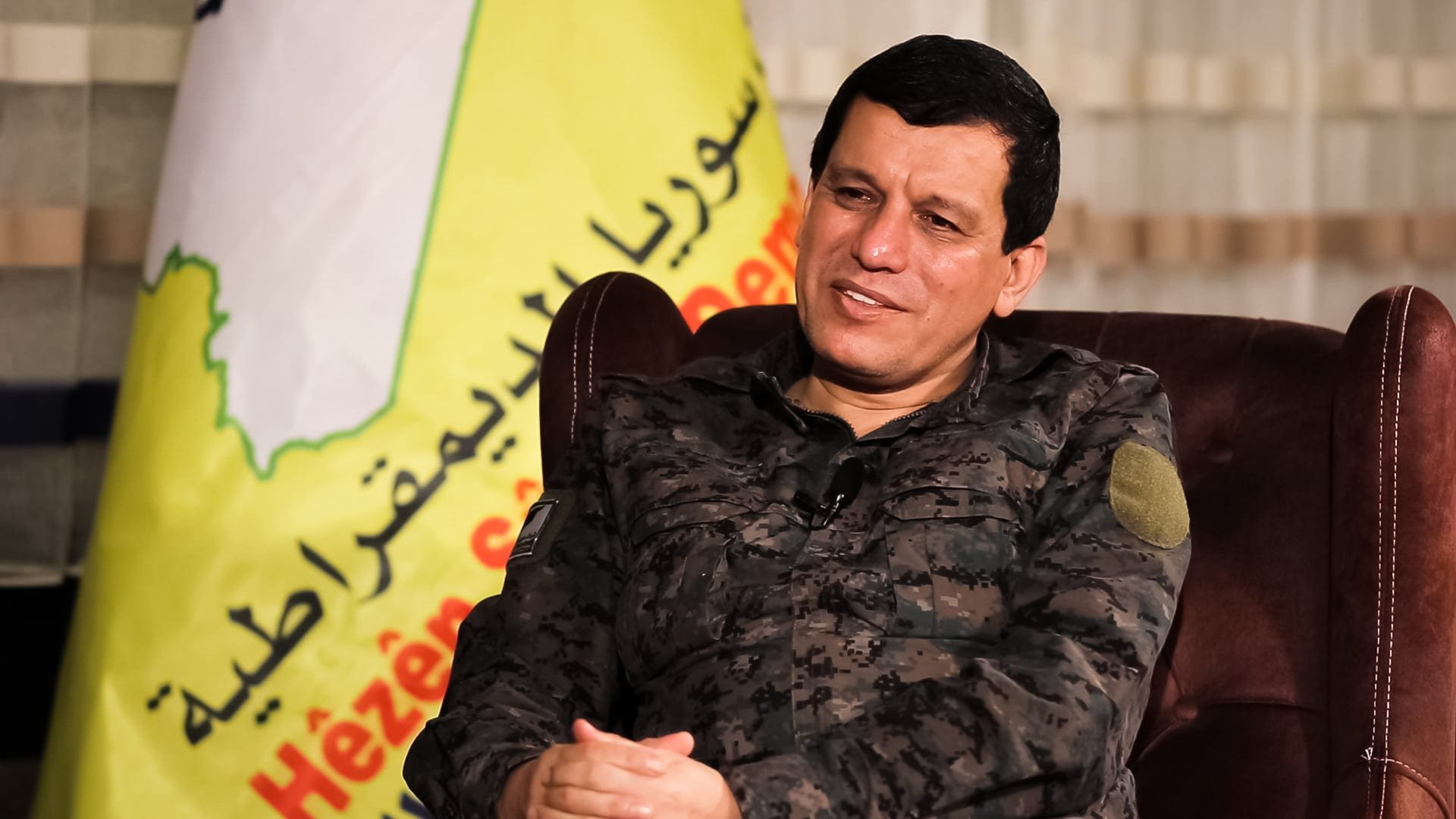SDF Commander Mazloum Abdi clarified aspects of the Tishrin Dam agreement with Turkey, part of a broader peace deal with Syria’s transitional government. The two-phase arrangement allows the Autonomous Administration to maintain operational control while establishing buffer zones between opposing forces.
Dam Management and Military Arrangements
In a recent interview with the U.S.-based Monitor website, Mazloum Abdi, Commander in Chief of the Syrian Democratic Forces (SDF), shared insights on the Tishrin Dam agreement with Turkey. The deal, which has resulted in a 12-day truce, forms part of a larger agreement signed with Syria’s transitional president, Ahmad al-Sharaa, in March.
The first phase of the agreement permits the current administration and technical staff from the Autonomous Administration of North and East Syria (AANES) to continue operating the dam from its existing command center until a final agreement is established. A delegation comprising representatives from the U.S.-led Global Coalition, the transitional government, and special SDF units conducted a joint reconnaissance tour of the facility on the day of the announcement.
The second phase involves SDF units withdrawing to positions eight kilometers east of the dam and transferring their former positions to Syrian transitional government forces. According to Abdi, these government forces will serve as a buffer zone between the SDF and Turkish-backed Syrian National Army (SNA) factions.
Security Protocols and International Involvement
An anonymous source involved in the negotiations revealed additional details about administrative and security arrangements. The agreement stipulates that the dam will be neutralized as a military target, with gradual troop reductions on both sides. Turkish-backed SNA factions are expected to withdraw from the western side, to be replaced by units from the Syrian Ministry of Defense.
The source highlighted the crucial role of U.S. facilitation in reaching the agreement. While the Internal Security Forces of North and East Syria (Asayish) will be responsible for protecting the dam, it will continue to be managed by AANES employees.
Abdi noted that the broader agreement with President al-Sharaa eliminated several preconditions previously demanded by Turkey, reflecting a more moderate Turkish stance and growing acceptance of integrating both the SDF and regional administrative institutions into the Syrian state.
Cultural Rights and Political Red Lines
On cultural matters, Abdi expressed disappointment that the Kurdish language was not included in the transitional constitution, though he confirmed that the new administration does not oppose its use in practice.
He outlined the SDF’s non-negotiable positions, which include resistance to centralized power in Damascus and preservation of the SDF’s distinct identity within the structure of the newly forming Syrian Army.
In concluding remarks, Abdi warned against potential sabotage by remnants of the former regime seeking to undermine progress toward a democratic Syria. He affirmed the SDF’s commitment to supporting the new administration in resisting any such disruption to the peace process.


